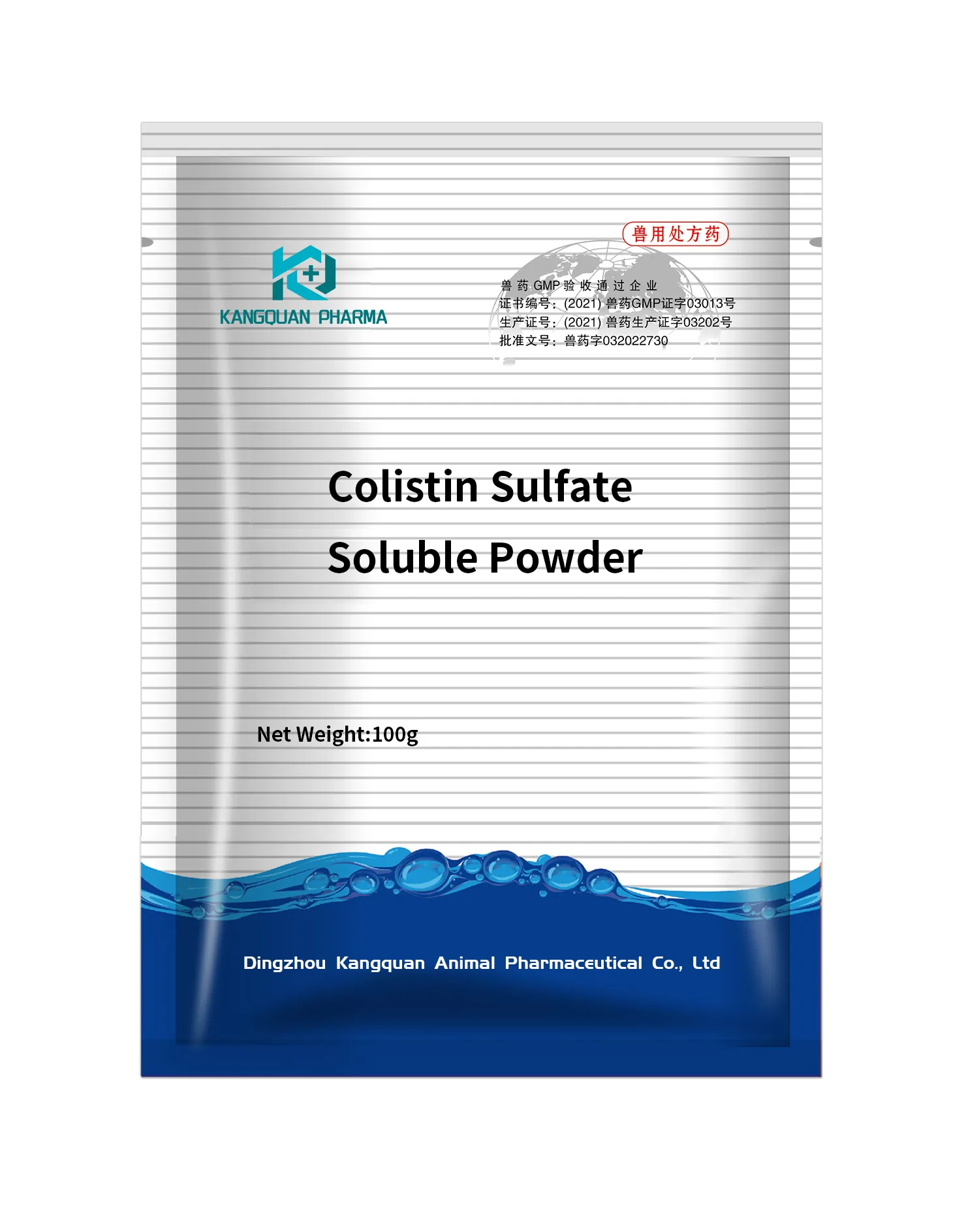- Afrikaans
- Albanian
- Amharic
- Arabic
- Armenian
- Azerbaijani
- Basque
- Belarusian
- Bengali
- Bosnian
- Bulgarian
- Catalan
- Cebuano
- Corsican
- Croatian
- Czech
- Danish
- Dutch
- English
- Esperanto
- Estonian
- Finnish
- French
- Frisian
- Galician
- Georgian
- German
- Greek
- Gujarati
- Haitian Creole
- hausa
- hawaiian
- Hebrew
- Hindi
- Miao
- Hungarian
- Icelandic
- igbo
- Indonesian
- irish
- Italian
- Japanese
- Javanese
- Kannada
- kazakh
- Khmer
- Rwandese
- Korean
- Kurdish
- Kyrgyz
- Lao
- Latin
- Latvian
- Lithuanian
- Luxembourgish
- Macedonian
- Malgashi
- Malay
- Malayalam
- Maltese
- Maori
- Marathi
- Mongolian
- Myanmar
- Nepali
- Norwegian
- Norwegian
- Occitan
- Pashto
- Persian
- Polish
- Portuguese
- Punjabi
- Romanian
- Russian
- Samoan
- Scottish Gaelic
- Serbian
- Sesotho
- Shona
- Sindhi
- Sinhala
- Slovak
- Slovenian
- Somali
- Spanish
- Sundanese
- Swahili
- Swedish
- Tagalog
- Tajik
- Tamil
- Tatar
- Telugu
- Thai
- Turkish
- Turkmen
- Ukrainian
- Urdu
- Uighur
- Uzbek
- Vietnamese
- Welsh
- Bantu
- Yiddish
- Yoruba
- Zulu
10 月 . 13, 2024 09:04 Back to list
colistin sulfate soluble powder
Colistin Sulfate Soluble Powder An Overview
Colistin sulfate soluble powder is an antimicrobial agent primarily derived from the bacterium *Bacillus polymyxa*. It belongs to a class of antibiotics known as polymyxins, which are known for their effectiveness against gram-negative bacteria. In recent years, the use of colistin has gained renewed attention in both human medicine and veterinary applications, particularly with the rising concern over antibiotic resistance.
Mechanism of Action
Colistin sulfate acts by interacting with the bacterial cell membrane, leading to increased membrane permeability. This disruption causes leakage of cellular contents and ultimately results in cell death. Its primary effectiveness is seen against multi-drug resistant gram-negative pathogens, including *Escherichia coli*, *Klebsiella pneumoniae*, and *Pseudomonas aeruginosa*. Due to its unique mechanism of action, colistin is often a last-resort antibiotic for infections caused by these resistant organisms.
Applications in Veterinary Medicine
In veterinary medicine, colistin sulfate soluble powder is frequently used as a feed additive to promote growth and prevent infections in livestock, particularly in swine and poultry
. By including colistin in animal feed, farmers aim to enhance growth rates and reduce mortality caused by bacterial infections. However, this practice has raised concerns regarding the potential for the development of antimicrobial resistance, which can have far-reaching implications for human health.colistin sulfate soluble powder

Safety and Regulatory Status
While colistin can be effective against resistant infections, its use is not without controversy. In humans, the intravenous formulation of colistin can lead to significant side effects, including nephrotoxicity and neurotoxicity, particularly at higher doses. As such, monitoring and proper dosing are crucial when utilizing this antibiotic in clinical settings. Regulatory agencies, including the U.S. Food and Drug Administration (FDA) and the European Medicines Agency (EMA), have implemented guidelines to limit the use of colistin in food-producing animals to preserve its efficacy for human health.
Resistance Concerns
The emergence of resistance to colistin poses a significant public health threat. The gene mcr-1, which confers resistance to colistin, has been identified in various gram-negative bacteria worldwide, raising alarms among health organizations. This resistance not only complicates treatment options for infections but also emphasizes the need for stewardship programs that promote the responsible use of antibiotics.
Conclusion
Colistin sulfate soluble powder remains an important tool in the fight against antibiotic-resistant infections, particularly in severe cases. Nonetheless, its application requires a nuanced understanding of the balance between effective treatment and the risk of resistance. Both healthcare professionals and veterinarians must work collaboratively to ensure that the use of colistin is justified, carefully monitored, and accompanied by rigorous infection control measures. Efforts to mitigate resistance and promote safe practices are essential to preserving the effectiveness of this vital antibiotic for future generations. As we continue to face challenges in infectious disease management, the responsible use of colistin sulfate will be pivotal in navigating the complex landscape of antimicrobial resistance.
-
The Power of Radix Isatidis Extract for Your Health and Wellness
NewsOct.29,2024
-
Neomycin Sulfate Soluble Powder: A Versatile Solution for Pet Health
NewsOct.29,2024
-
Lincomycin Hydrochloride Soluble Powder – The Essential Solution
NewsOct.29,2024
-
Garamycin Gentamicin Sulfate for Effective Infection Control
NewsOct.29,2024
-
Doxycycline Hyclate Soluble Powder: Your Antibiotic Needs
NewsOct.29,2024
-
Tilmicosin Premix: The Ultimate Solution for Poultry Health
NewsOct.29,2024













